The revelation that radioactive material from the Fukushima nuclear plant has reached the Arctic Ocean is sparking renewed calls for Japan to scrap a decision to dump toxic water from the crippled plant into the sea.
According to a study by Yuichiro Kumamoto, a senior researcher from the Japan Agency for Marine-Earth Science and Technology, radioactive Cesium-134 that flowed into the ocean after the Fukushima nuclear accident in 2011 arrived in the Arctic region about eight years later.
According to the study, which was published on Tuesday, seawater collected at 73 degrees latitude north in the Arctic Ocean in October 2019 contained 0.07 becquerel of Cesium-134 per cubic meter, who has a half-life of around two years.
Kumamoto's study claimed that it is the first time that Cesium-134 has been detected beyond the marginal sea of the Arctic Ocean.
Chinese Foreign Ministry spokesman Zhao Lijian said on Wednesday that it is not the first report that confirmed a radioactive substance from the Fukushima plant had been detected in the Arctic Ocean.
"A Tsukuba University study in November also found that Cesium-137, a radioactive substance that flowed into the sea in the Fukushima nuclear accident, was detected in the Arctic Ocean," Zhao said.
All these findings show that radioactive substances from the stricken nuclear plant have spread to the Pacific and Arctic oceans and may affect waters around the globe, he said.
"If the more than 1.2 million tons of nuclear contaminated water is discharged into the Pacific Ocean as planned by Japan, it will have an impact on the marine environment in the whole region and even the world. Is this the kind of consequence that can be borne by Japan alone?" Zhao said.
Japan announced in April that it would begin discharging nearly 1.25 million metric tons of treated but still radioactive wastewater from the tsunami-battered plant within two years.
Zhao said the release of the radioactive water is not "a private matter of Japan", and urged the government to take a responsible attitude toward the marine environment and humanity's health. It must revoke its wrong decision and stop the preparatory work for the discharge, he said.








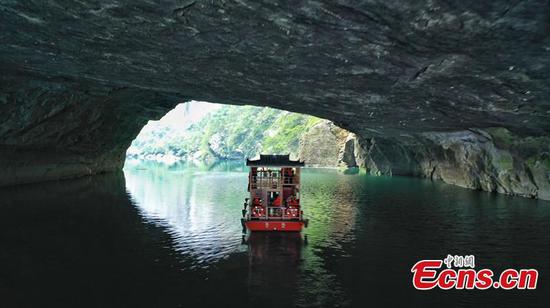
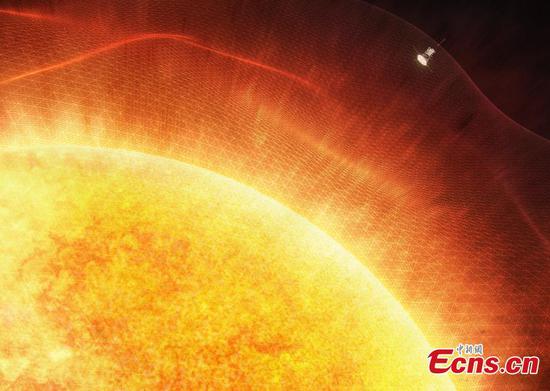
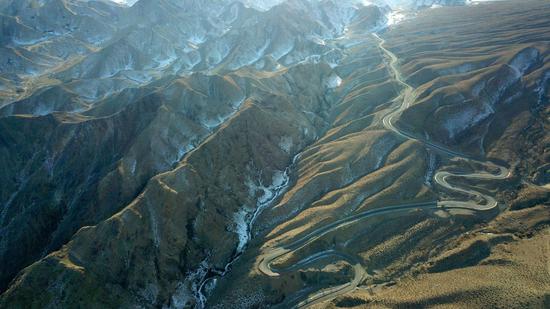
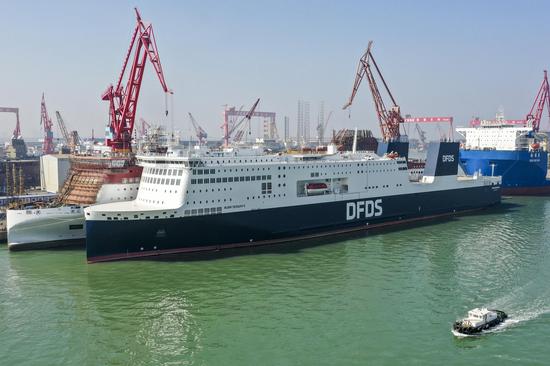
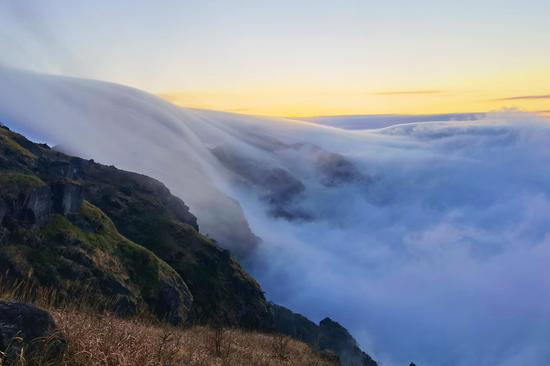

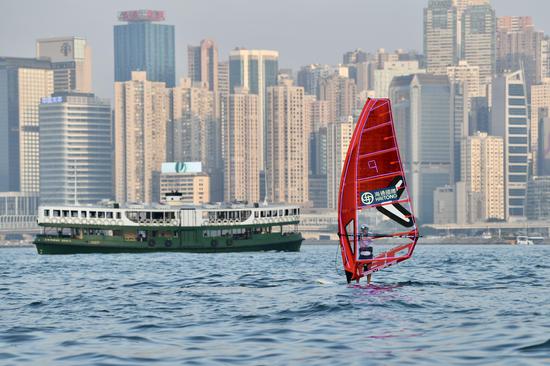

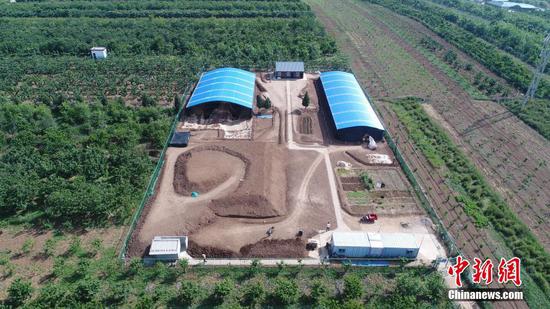
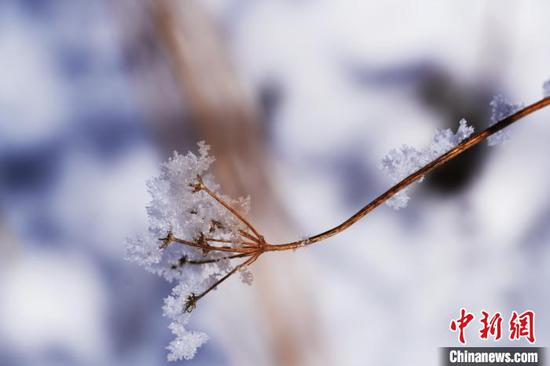
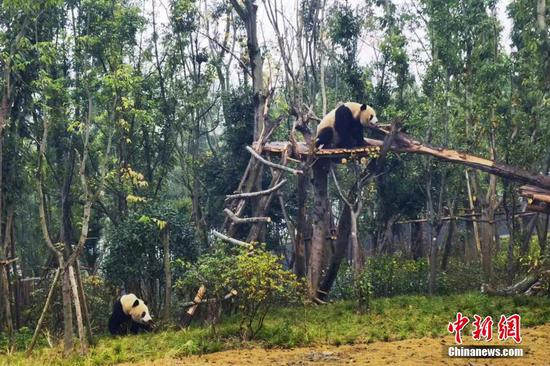
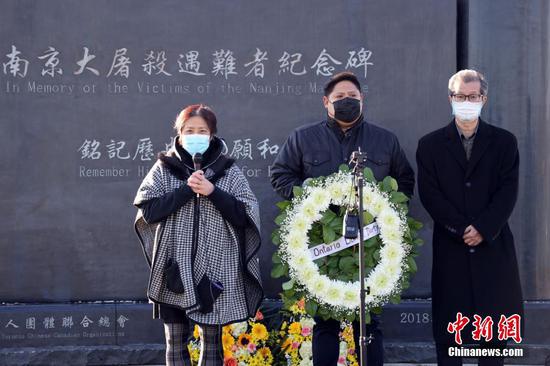

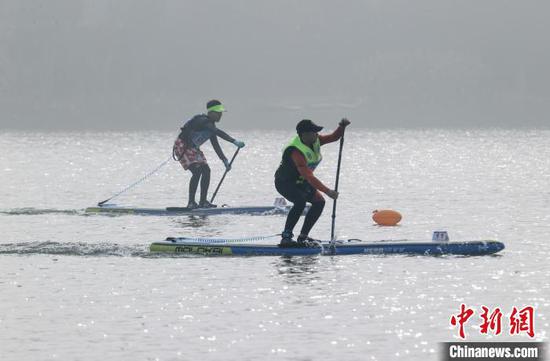
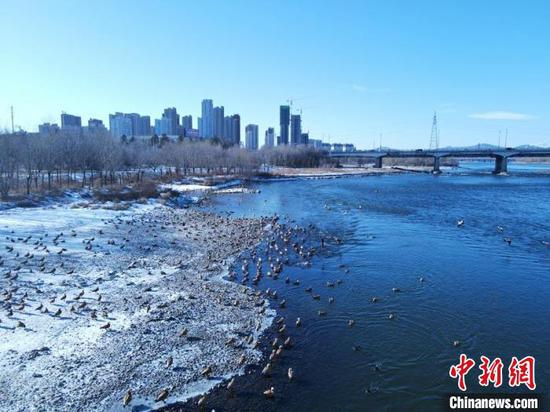

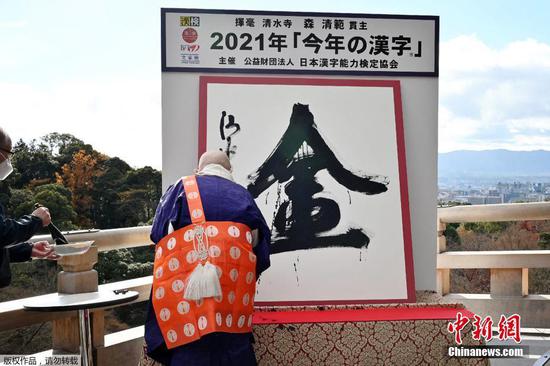

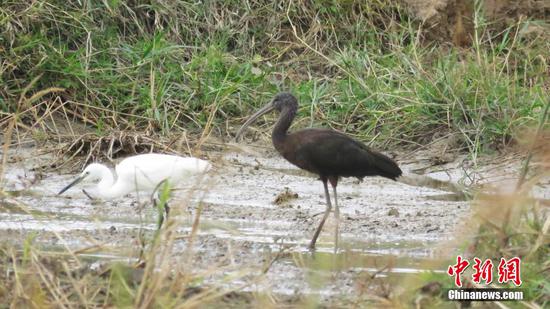
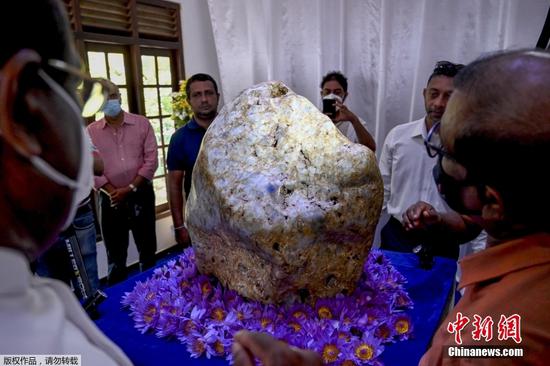
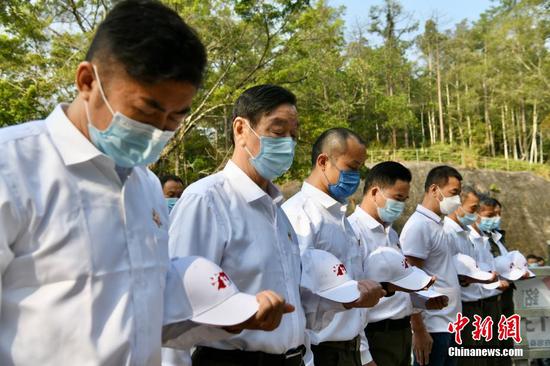

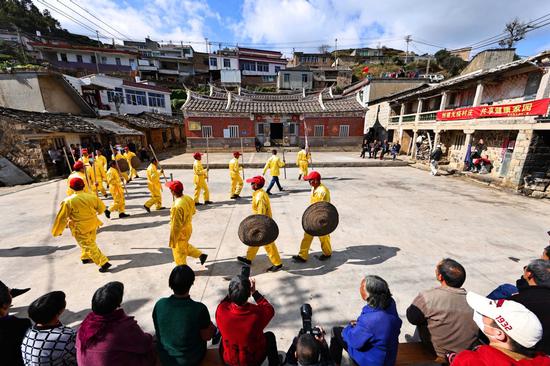
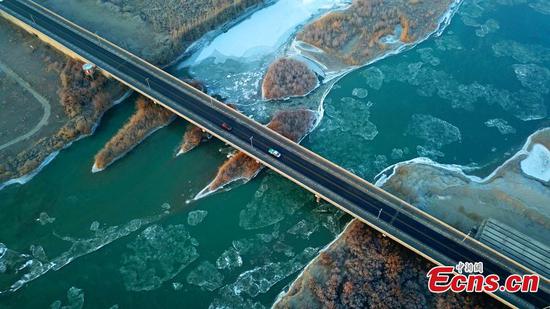

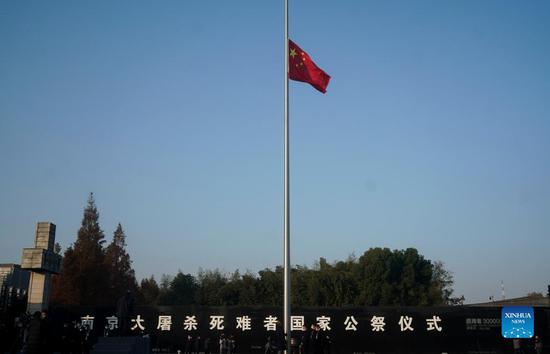
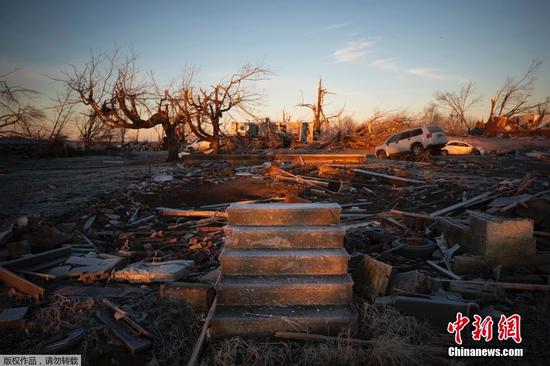

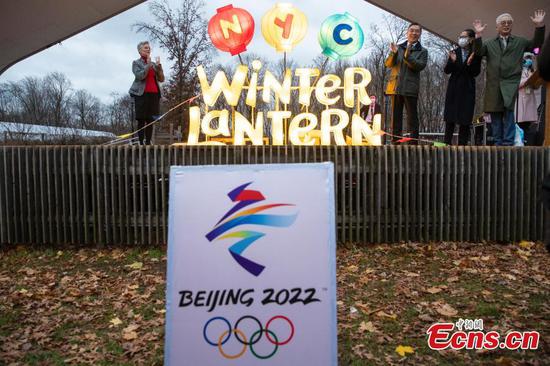
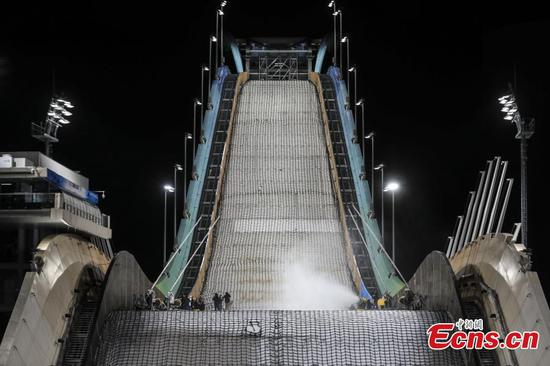

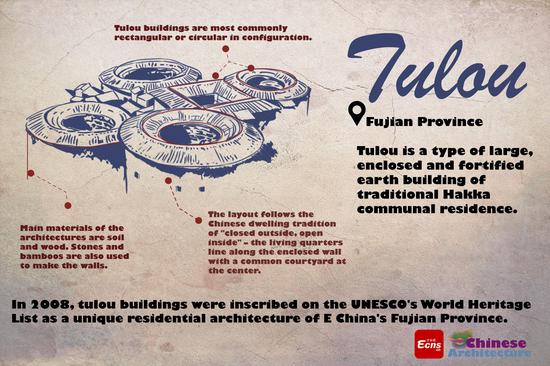
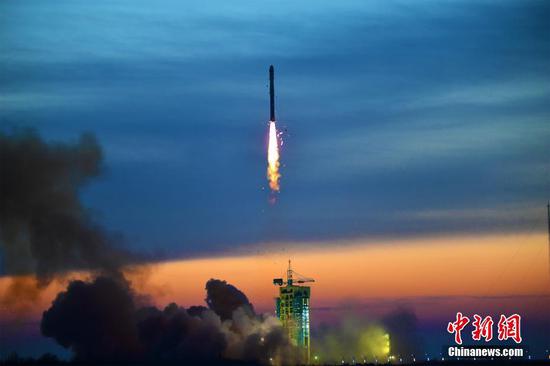

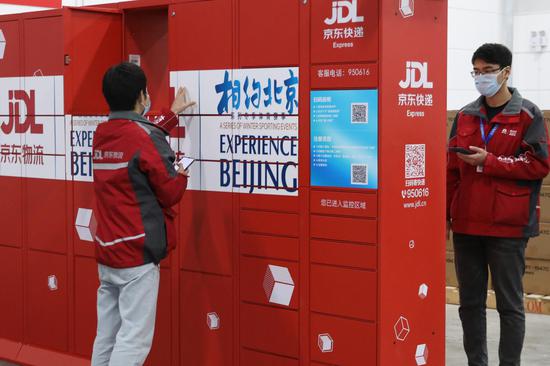
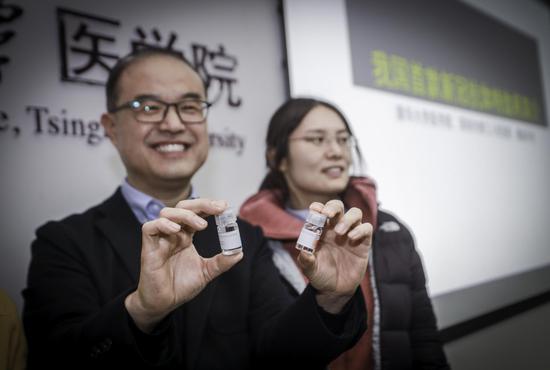
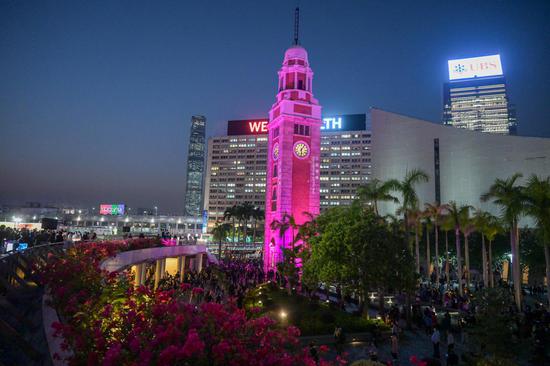





 京公網安備 11010202009201號
京公網安備 11010202009201號